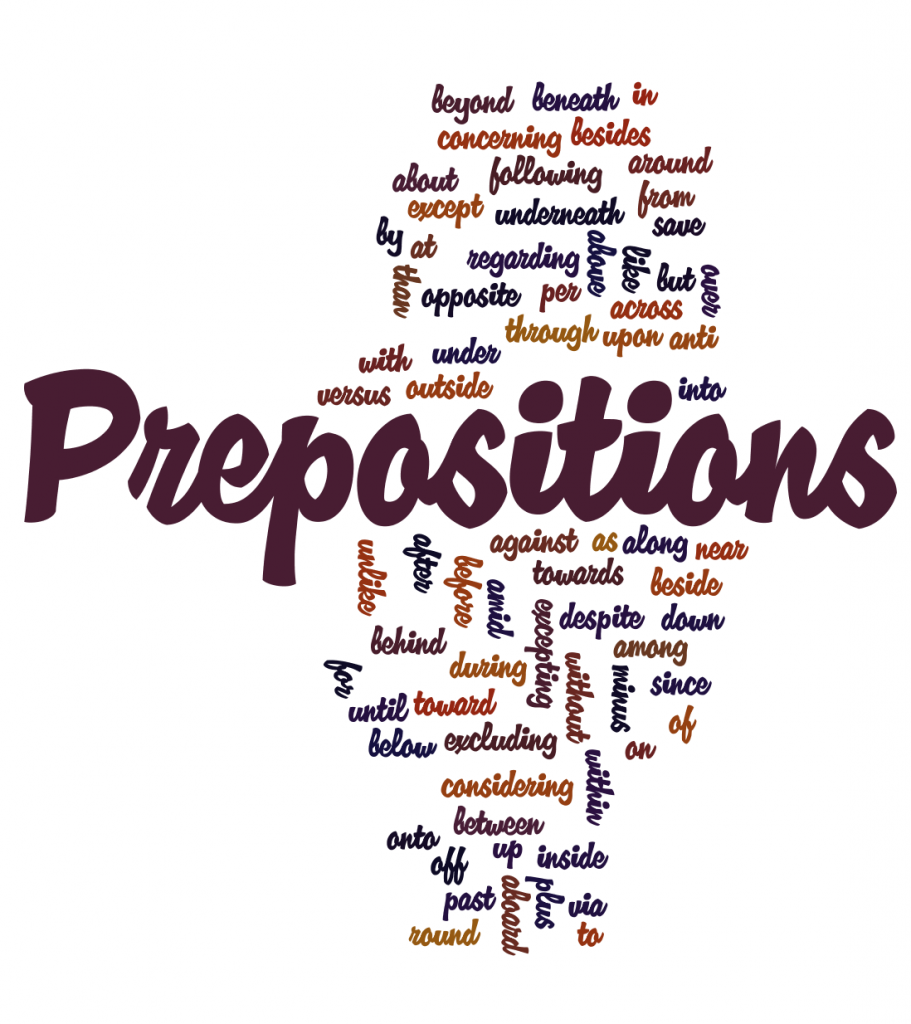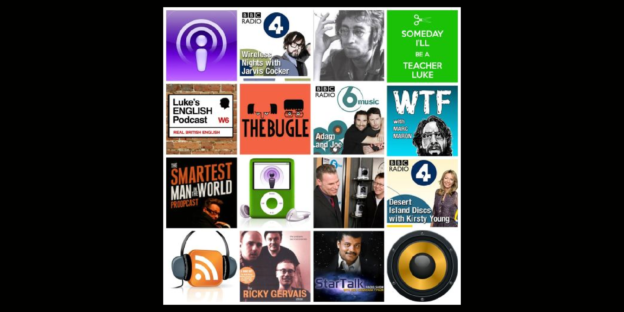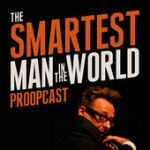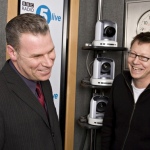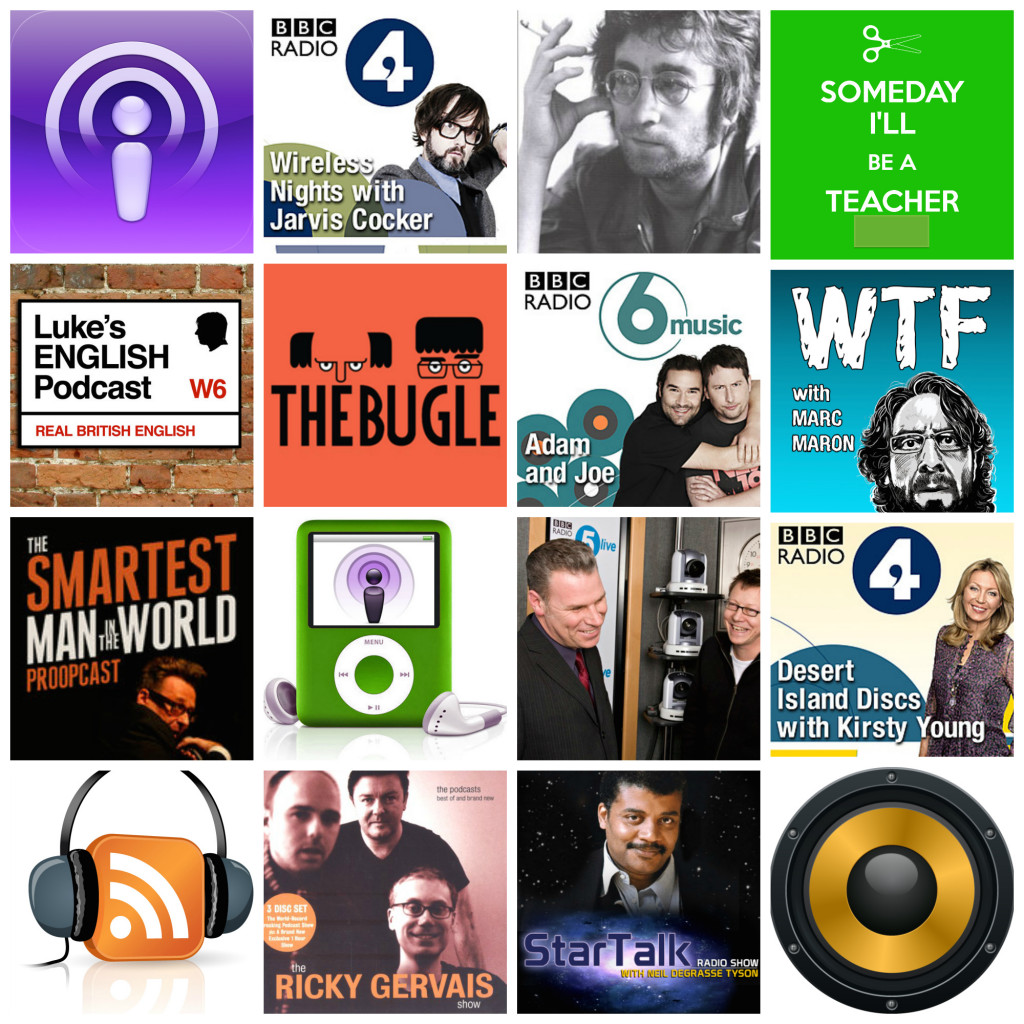Finally, here is the last part in the series about British slang. Be aware that this episode contains some rude language and slightly explicit content. [Download]
 Other Slang Episodes In This Series
Other Slang Episodes In This Series
British Slang (A-C)
British Slang (D-G)
British Slang (H-M)
British Slang (N-Z)
Vocabulary
Here’s the list of slang I explained in this episode. As I mentioned above, please remember that some of these words are quite rude.
A lot of the words and explanations in this list come from a similar list on the website www.effingpot.com, specifically this page.
You muppet – you fool!
Nice one! – If someone does something particularly impressive you might say “nice one”! to them. It is close the American good job that you hear all the time.
Nick – To nick is to steal. If you nick something you might well get nicked.
Get nicked – to be arrested by the police. If this happens, and you admit that you’re guilty, you can say ‘it’s a fair cop guv’.
Nicked – Something that has been stolen has been nicked. Also, when a copper catches a burglar red handed he might say “you’re nicked”!
Nosh – Food. You would refer to food as nosh or you might be going out for a good nosh up, or meal! Either way if someone has just cooked you some nosh you might want to call it something else as it is not the nicest word to describe it.
Not my cup of tea – This is a common saying that means something is not to your liking. For example if someone asked you if you would like to go to an all night rave, they would know exactly what you meant if you told them it was not exactly your cup of tea!
Nowt – This is Yorkshire for nothing. Similarly owt is Yorkshire for anything. Hence the expression “you don’t get owt for nowt”. Roughly translated as “you never get anything for nothing” or “there’s no such thing as a free lunch”.
Off colour – If someone said you were off colour they would mean that you look pale and ill!
On about – What are you on about? That’s something you may well hear when visiting the UK. It means what are you talking about?
On the piss – If you are out on the piss, it means you are out to get drunk, or to get pissed.
One off – A one off is a special or a one time event that is never to be repeated.
Owt – This is Yorkshire for anything. Similarly nowt is Yorkshire for nothing. Hence the expression “you don’t get owt for nowt”. Roughly translated as “you never get anything for nothing” or “there’s no such thing as a free lunch”.
Pants – This is quite a new expression – I have no idea where it came from. Anyway, it is now quite trendy to say that something which is total crap is “pants”. For instance you could say the last episode of a TV show was “total pants”.
Peanuts – A low amount of money. “If you pay peanuts, you get monkeys.”
Pear shaped – If something has gone pear shaped it means it has become a disaster. It might be preparing a dinner party or arranging a meeting, any of these things can go completely pear shaped.
Peckish – a bit hungry “I’m feeling peckish. Shall we get some lunch?”
Piece of cake – really easy or it’s a cinch!
Pinch – This means to steal something. Though when you say “steal” it is a bit more serious than pinch. A kid might pinch a cake from the kitchen. A thief would steal something during a burglary.
Piss poor – If something is described as being “piss poor” it means it is an extremely poor attempt at something.
Piss up – A piss up is a drinking session. A visit to the pub. There is an English expression to describe someone as disorganised which says that he/she could not organise a piss up in a brewery!
Pissed – This is a great one for misunderstanding. Most people go to the pub to get pissed. In fact the object of a stag night is to get as pissed as possible. Getting pissed means getting drunk. It does not mean getting angry. That would be getting pissed off!
Pissing around – Fooling about, in the sense of messing around or making fun or just being silly. Not terribly polite.
Plastered – Another word for loaded. In other words you have had rather too much to drink down your local. It has nothing to do with being covered with plaster though anything is possible when you are plastered.
Plonker = a nob, an idiot
Posh – Roughly translates as high class, though if you look at Posh Spice there are clearly exceptions to the rule!
Prat – Yet another mildly insulting name for someone. [Did I miss this one?]
Pukka – This term has been revived recently by one of our popular young TV chefs (Jamie Oliver). It means super or smashing, which of course is how he describes all his food.
Pull – Me and the lads used to go to the disco when we were on the pull. It means looking for birds. Of course, it works the other way round too. The ladies may also be on the pull, though probably a bit more subtly than the chaps!
Put a sock in it – This is one way of telling someone to shut up. Clearly the sock needs to be put in their loud mouth!
Quid – A pound in money is called a quid. A five pound note is called a fiver and a ten pound note is called a tenner.
Rat-arsed – Yet another term for drunk, sloshed or plastered.
Right – I’m feeling right knackered. That would mean you were feeling very tired.
Round – When you hear the words “your round” in the pub, it means it is your turn to buy the drinks for everyone in the group.
Row – Rhymes with “cow” this means an argument. You might hear your Mum having a row with your Dad, or your neighbours might be rowing so loud you can hear them!
Rubbish – The stuff we put in the bin. Trash or garbage to you. You might also accuse someone of talking rubbish.
Sack/sacked – If someone gets the sack it means they are fired. Then they have been sacked. I can think of a few people I’d like to sack!
Sad – This is a common word, with the same meaning as naff. Used in expressions like “you sad b***ard”.
Safe – good
Sick – good
Shag – to have sex
Shagged – Past tense of shag, but also means knackered.
Shambles – If something is a shambles it is chaotic or a real mess.
Shambolic – In a state of chaos. Generally heard on the news when the government is being discussed!
Shirty – “Don’t get shirty with me young man” It means getting bad tempered.
Shite – This is just another way of saying shit. It is useful for times when you don’t want to be overly rude as it doesn’t sound quite as bad, but it is still rude!
Shitfaced – If you hear someone saying that they got totally shitfaced it means they were out on the town and got steaming drunk. Normally attributed to stag nights or other silly events.
Skew-whiff – This is what you would call crooked. Like when you put a shelf up and it isn’t straight we would say it is all skew-whiff.
Skive (off) – To skive is to evade something. When I was a kid we used to skive off school on Wednesdays instead of doing sports. We always got caught of course, presumably because the teachers used to do the same when they were fourteen!
Slag – 1. a slut. 2. to slag someone off, is to bad mouth them in a nasty way. Usually to their face.
Slapper – A slapper is a female who is a bit loose. A bit like a slag or a tart.
Slash – Something a lager lout might be seen doing in the street after his curry – having a slash. Other expressions used to describe this bodily function include; wee, pee, piss and piddle.
Smeg – This is a rather disgusting word, popularised by the TV show, Red Dwarf. Short for smegma, the dictionary definition says it is a “sebaceous secretion from under the foreskin”. Now you know why it has taken me 3 years to add it in here. Not nice!
Snog – If you are out on the pull you will know you are succeeding if you end up snogging someone of the opposite sex (or same sex for that matter!). It would probably be referred to as making out in American, or serious kissing!
Sorted – When you have fixed a problem and someone asks how it is going you might say “sorted”. It’s also popular these days to say “get it sorted” when you are telling someone to get on with the job.
Sound – good
Spend a penny – To spend a penny is to go to the bathroom. It is a very old fashioned expression that still exists today. It comes from the fact that in ladies loos you used to operate the door by inserting an old penny.
Splash out – If you splash out on something – it means you throw your senses out the window, get out your credit card and spend far too much money. You might splash out on a new car or even on a good meal.
Squidgy – A chocolate cream cake would be squidgey. It means to be soft and, well, squidgey!
Strop – If someone is sulking or being particularly miserable you would say they are being stroppy or that they have a strop on. I heard an old man on the train tell his wife to stop being a stroppy cow.
Swotting – Swotting means to study hard, the same as cram does. Before exams we used to swot, not that it made any difference to some of us. If you swotted all the time, you would be called a swot – which is not a term of endearment!
Ta – We said “ta” as kids in Liverpool for years before we even knew it was short for thanks.
Taking the mickey – See taking the piss. Variations include “taking the mick” and “taking the Michael”.
Taking the piss – One of the things Americans find hardest about the Brits is our sense of humour. It is obviously different and is mainly based on irony, sarcasm and an in-built desire to “take the piss”. This has nothing to do with urine, but simply means making fun of someone.
Tosser – This is another word for wanker and has exactly the same meaning and shares the same hand signal.
Twat – Another word used to insult someone who has upset you. Also means the same as fanny but is less acceptable in front of your grandmother, as this refers to parts of the female anatomy. Another use for the same word is to twat something, which would be to hit it hard. Get it right or I’ll twat you over the head!
Wacky backy – This is the stuff in a joint, otherwise known as pot or marijuana, weed etc. (This is another good idea for an episode of the podcast – would that be interesting for you?)
Waffle – To waffle means to talk on and on about nothing. It is not something you eat. Americans often think that Brits waffle on about the weather.
Wank – This is the verb to describe the action a wanker participates in.
Wanker – This is a derogatory term used to describe someone who is a bit of a jerk. It actually means someone who masturbates and also has a hand signal that can be done with one hand at people that cannot see you shouting “wanker” at them. This is particularly useful when driving.
Watcha – Simply means Hi.
Waz – On average, it seems that for every pint of lager you need to go for a waz twice! A complete waste of time in a serious drinking session. It means wee or pee.
Well – Well can be used to accentuate other words. for example someone might be “well hard” to mean he is a real man, as opposed to just “hard“. Something really good might be “well good”. Or if you were really really pleased with something you might be “well chuffed”. Grammatically it’s appalling but people say it anyway.
Whinge – To complain. Whingers are not popular in any circumstance. To whinge is to whine. We all know someone who likes to whinge about everything.
Wicked – really good
Willy – Another word for penis. It is the word many young boys are taught as it is a nicer word than most of the alternatives. Also used by grown ups who don’t wish to offend (this word is safe to use with elderly Grandparents). The girl’s equivalent is fanny, but this one isn’t really alright to use with the grand parents.
Wind up – This has a couple of meanings. If something you do is a “wind up” it means you are making fun of someone.
Wonky – If something is shaky or unstable you might say it is wonky. For example I changed my chair in a restaurant recently because I had a wonky one.
Yonks – “Blimey, I haven’t heard from you for yonks”. If you heard someone say that it would mean that they had not seen you for ages!
Zed – The last letter of the alphabet. The English hate saying zee and only relent with names such as ZZ Top (Zed Zed Top does sound a bit stupid!).
Bare “your Mum is bare rough”
Innit – isn’t it, aren’t you, haven’t we, etc.
Paul Chowdhury – “Aks” https://www.youtube.com/watch?v=kLKlgLG6jfI
![]() Contents
Contents







